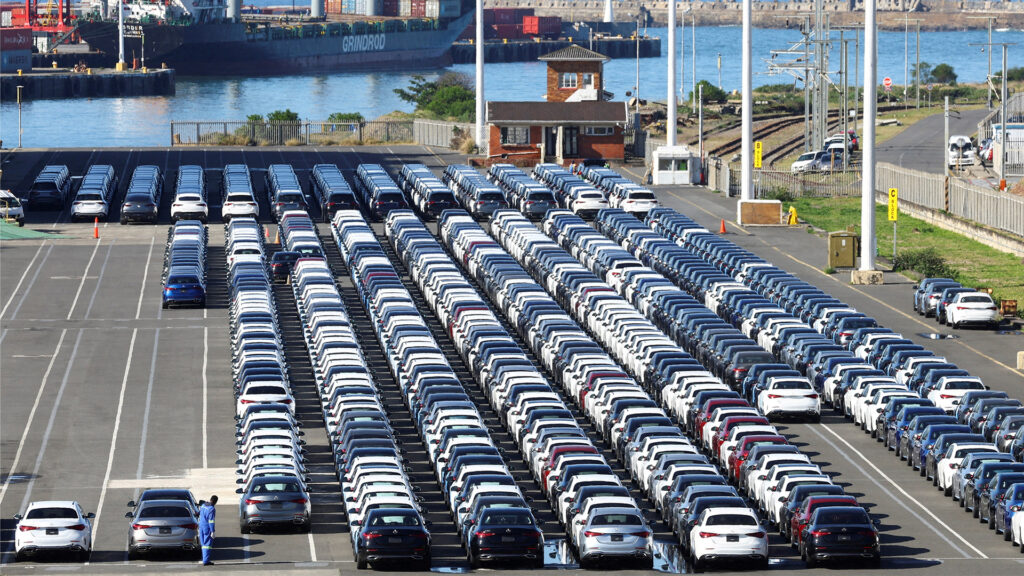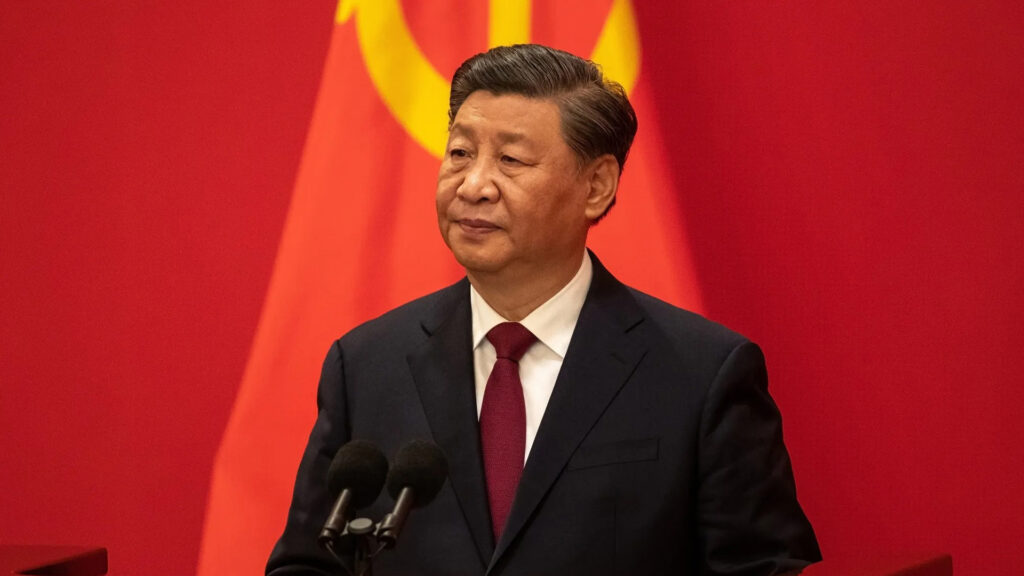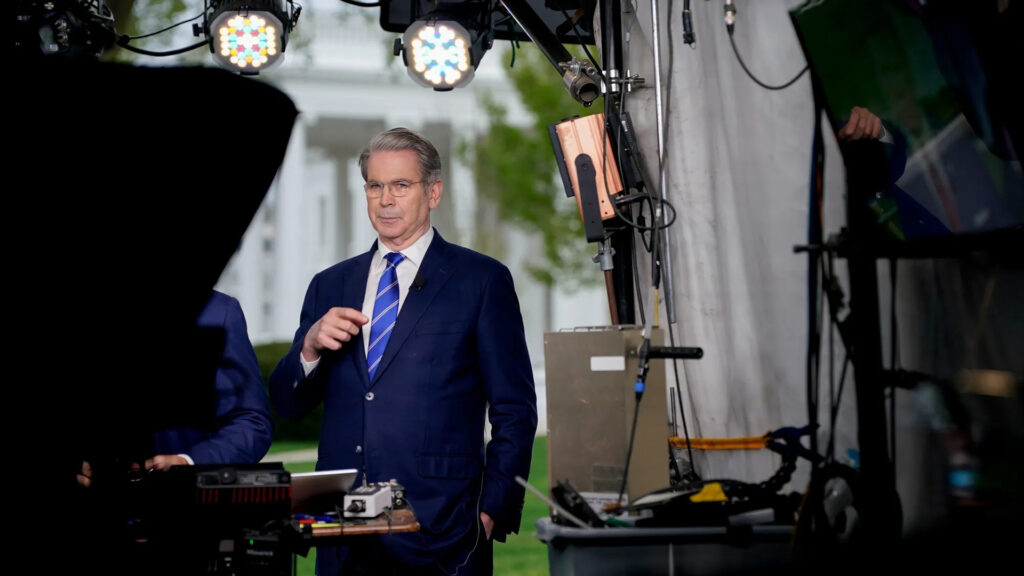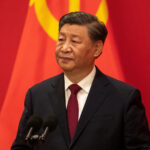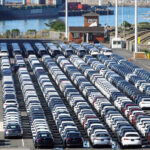As the global trade landscape shifts under President Donald Trump’s sweeping tariff regime, South Africa is proactively safeguarding its crucial automotive sector. Trade, Industry, and Competition Minister Parks Tau confirmed on Thursday that the government is evaluating expanded incentives for automakers to cushion the blow from the new 25% U.S. tariff on car imports.
South Africa’s automotive industry, a cornerstone of its industrial economy, exports billions of rands worth of vehicles annually—the U.S. is a top-three destination. The new tariff threatens to disrupt production lines, reduce export volumes, and challenge investor confidence.
Highlights
- South Africa to expand its Automotive Production and Development Programme (APDP)
- U.S. imposes a 25% tariff on car imports, including from South Africa
- NAAMSA warns of higher prices for U.S. consumers and fewer South African options
- Exports to the U.S. account for R35 billion ($1.8 billion) or 6.5% of SA’s vehicle exports
- Multinational automakers with plants in SA include BMW, Ford, Mercedes-Benz, Isuzu, Nissan, and Toyota
APDP’s Strategic Role
The Automotive Production and Development Programme (APDP) has long been a pillar of South Africa’s industrial policy, fostering innovation, job creation, and inward investment. Under the current framework, manufacturers benefit from rebates on customs duties and performance-based incentives tied to production output.
By expanding this program, the South African government hopes to shield the domestic industry from external shocks and make local production even more attractive in an increasingly fragmented global trade environment.
The Threat to SA-U.S. Automotive Trade
With the U.S. now charging a 25% import tariff, the competitive pricing advantage for South African-made cars has effectively been wiped out. Manufacturers say these additional costs cannot be absorbed internally and will ultimately be passed on to American consumers—hurting demand and squeezing margins.
“These tariff decisions, seen as part of a broader shift towards reciprocal tariffs, threaten to disrupt SA’s automotive exports and undermine our long-standing trade relationship with the US,” said Naamsa CEO Mikel Mabasa.
Who Stands to Lose?
South African plants operated by international giants such as BMW, Ford, Isuzu, Mercedes-Benz, Nissan, and Toyota risk scaling down U.S.-oriented production unless measures are introduced. These factories are exporters, major employers, and contributors to local economies, particularly in the Eastern Cape and Gauteng provinces.
Global Trade Context
South Africa’s move follows similar defensive policies by other mid-sized economies affected by Trump’s tariffs. The EU, for instance, has floated a “zero-for-zero” deal and counter-tariffs, while Asian exporters like Vietnam and South Korea are seeking bilateral renegotiations.
This geopolitical shift presents an opportunity for emerging markets to assert trade autonomy while aligning with strategic partners who favor fairness over dependency.
South Africa’s Industrial Resilience
South Africa’s response to President Trump’s auto tariffs is a textbook case of industrial resilience. By doubling down on investment-friendly policies, Pretoria aims to not only weather the storm but position itself as a stable, value-added production hub in a volatile global market.
Whether these measures will suffice remains to be seen, but for now, the message is clear: South Africa is open for business, but not on unequal terms.
